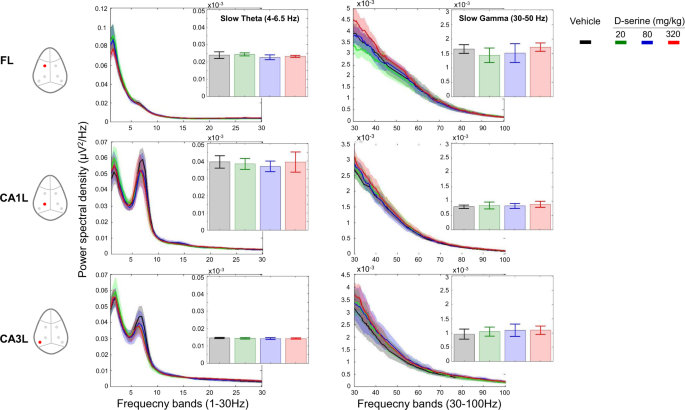
- Select a language for the TTS:
- UK English Female
- UK English Male
- US English Female
- US English Male
- Australian Female
- Australian Male
- Language selected: (auto detect) - EN
Play all audios:
For the next twelve months, controlling the spread of Covid-19 will depend on sustaining major changes in people’s behaviour. The level of necessary compliance can only come from widespread
trust and respect for the judgement and integrity of government ministers.
Everyone is well-behaved in my part of coastal Suffolk. Covid-19 etiquette is impeccable. This is not just because the population is retired and elderly with good reason to keep to the
two-metre rule. Younger holidaymakers, laden with wind-breaks, picnics, mini-surf boards, buckets and spades, step into the road or the fields to keep their distance. A polite “thank-you” is
always given.
All accommodation close to the coast is booked here. The camp-sites are filled. I estimate that there are three times more people on Suffolk’s North Sea beaches than in former years. The
demography is interesting. The vast majority of visitors are in family groups, some bubbled or extended, like the large Muslim group from Walthamstow I met two weeks ago. It was their first
time out of London for five months. Couples with two children and one dog are the most common.
The Suffolk coast is a different world from the South Coast, with its Costa Brava-style holidaymakers, packed burnt-nose to nose, a few under sun-shades. If TV news shots illustrating how
no-one is paying attention to government Covid advice tell the full story, the crowds on beaches like Bournemouth and Poole consist mostly of 18-25 year olds with fewer vulnerable elderly
people.
Dunwich beach at 10 am on a sunny Summer’s day has, surprisingly, a touch of Seurat’s La Grande Jatte about it. Of course, it’s the Seine not the sea, trees not pebbles and no-one is
elegantly dressed — but there is something similar about the light, the spaced placing of groups of people, the sense of leisure and of time passing, away from the urban bustle. Dunwich also
has fishermen, spaced according to fishing etiquette, further than Covid-distancing, sitting meditatively in small encampments, rods pointing skywards, line just visible. And plenty of
toddlers captivated by hard-wired beach rituals: run down to the water’s edge, waves crash, spray, screams compulsory, scuttle back up the beach, repeat with bucket, collect water, pour into
hole dug with plastic spade, repeat.
North of Southwold, this region’s best known seaside resort, is Covehithe within weekend range of journalists from north London who, some time ago, began writing articles called something
like “Suffolk’s Best Kept Secret” — which means it no longer is. The once quiet, little-known and secluded shore, reached by a path through high bracken and fields, then along crumbling
cliffs, is now busy. All along the narrow path passing recesses have been cut into the surrounding vegetation for those who are shielding and for well-behaved visitors. The beach is now
dotted with picnickers, sunbathers and swimmers.
But at Covehithe you can still see marsh harriers cruising ready to grab baby sand martins sticking their heads out of their cliff holes. Or over the sea, but close to the shore on quiet
stretches, you can see the hovering terns hunting, dropping like stones, beaks first, to snatch out fish. A lone, anti-social seal patrols this beach, black doggy head appearing as it
surfaces to take a look at Homo Sapiens. In the early Autumn, long skeins of Canada geese practise slipstreaming low above the waves. Covehithe blissfully banishes Covid from the mind.
Welcome back to the comforting old normal.
I am not working for Suffolk Coastal Tourist Information, or auditioning for a Nature Notes column, nor is my purpose to attract visitors, but simply to emphasise that advice on preventing
the spread of Covid must take age and location into account. The contrast between the behaviour of visitors to this stretch of the Suffolk coast and behaviour in London, Birmingham and on
the South Coast is striking. A fortnight ago, in one weekend, West Midland police had to shut down over eighty illegal gatherings (many of them “raves”) and I’m told by Londoners holidaying
in Scotland that they were struck by how many people wore face-masks. Why these differences?
On the face of it, the main rule-breakers are young adults who are now recognised as major carriers of infection. They voted overwhelmingly against Brexit, only to be ignored, were more
activist about climate change, only to be patronised, and, in big cities and towns, now see no chance of ever moving in to their own homes. Covid has brutally disrupted their lives and,
along with Brexit will curtail their job opportunities.
In the early weeks of lockdown — on the whole — they complied. If they are to be persuaded to keep the rules once more, they will need to trust government. The turning point was Boris
Johnson’s failure to sack Dominic Cummings for breaching government guidelines. Many young people saw that and decided “to hell with it”. In Scotland Nicola Sturgeon has retained that vital
trust and infection rates, similar to Northern Ireland’s, are 366 per 100,000 against England’s 506.
The generation gap, reflected in national voting behaviour, is becoming a serious issue. At the last election less than 25 per cent of 18-25 year olds voted Conservative against 56 per cent
of the over-55s. If the Johnson government fails to win the respect and trust of the young, it will cost more lives. Voluntary compliance will become more difficult to achieve. There are no
signs that Johnson and Cummings understand this.
By proceeding, you agree to our Terms & Conditions and our Privacy Policy.
If an account exists for this email address, you will shortly receive an email from us. You will then need to:
Please note, this link will only be valid for 24 hours. If you do not receive our email, please check your Junk Mail folder and add [email protected] to your safe list.





